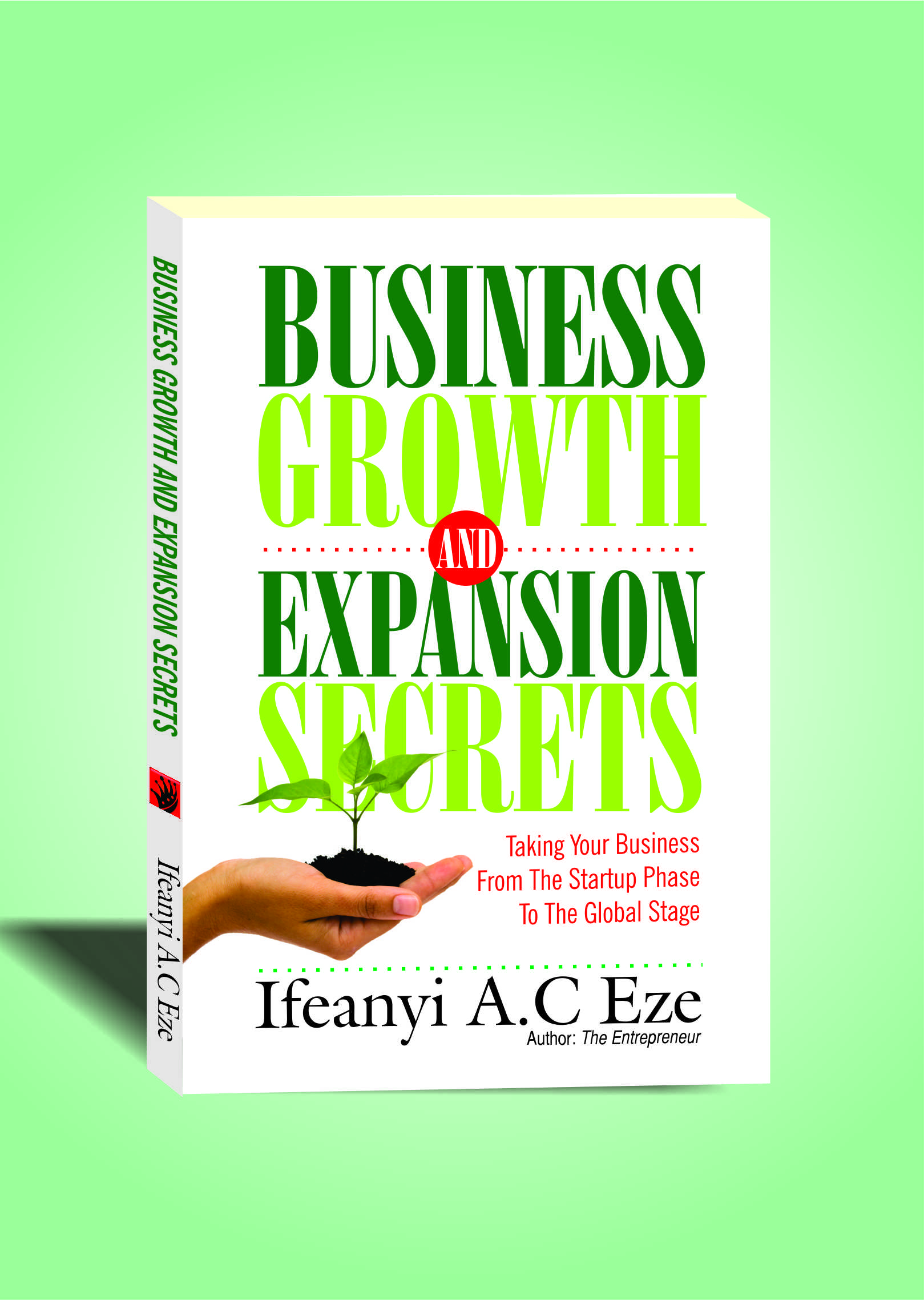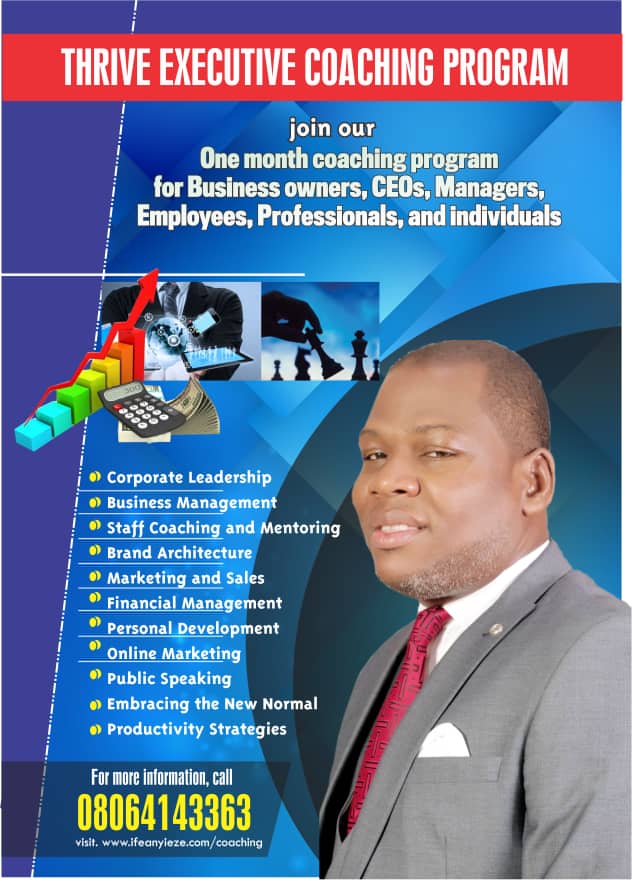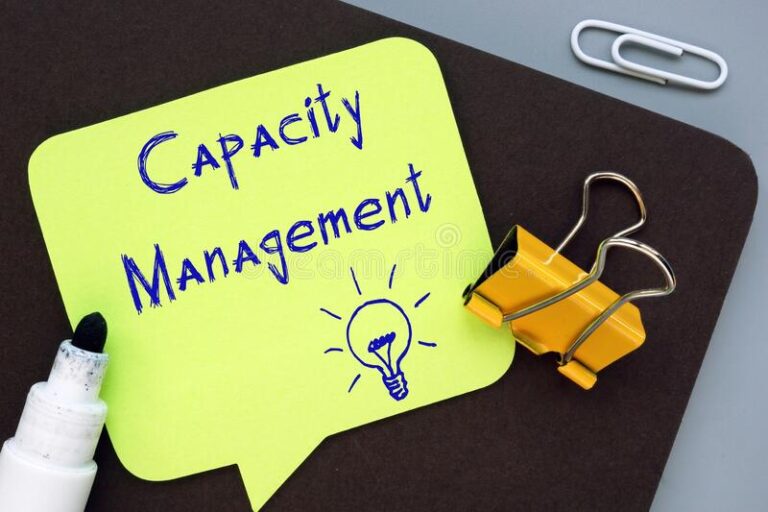Your Inventions and Ideas are Useless Until they Solve Problems for People
Many years ago, I watched an entrepreneurship program on the television. A young man met investors whose job in the program was to invest in unique business ideas or plans. The young man walked in with his various inventions and started bragging about the number of awards he won because of his inventions.
He kept bragging until the lady who is now the chairman of one of the biggest banks in Nigeria stopped him. She said to the young man (paraphrased), “Your inventions are nothing until you can convince investors to put money down, and then make them available at the marketplace.” That statement still resonate strongly with me till today.

Most Inventors are Not Administrators
The problem is that many inventors are not good executioners. They can churn out many inventions, but they don’t have the capacity to turn the invention into products or services. So, they go about bragging about their inventions that are not useful to anybody.
Those who are good in generating ideas have the same problem. They can churn out ten ideas in a day, but that is where it ends. They don’t have the skill or training to turn the ideas to solutions.
Inventors and idea generators should learn to cofound businesses. That you are good in generating fantastic business ideas doesn’t mean you can turn the idea into a business. Find a partner who is a gifted or trained administrator and partner with him or her.
Larry Page and Sergey Brin cofounded Google. Both of them have distinctive strengths. The distinctive personality traits of Sergey Brin are perseverance, creativity, vision and emotional intelligence. While the distinctive strengths of Larry Page are creativity and innovation. They compliment each other.

Idea People Need Administrators
Then you can decide whether you want to hire a CEO to run your company day-to-day, or whether you want to be both the idea person and the operations person. Sure, the ideal is to do both, but that isn’t right for everybody.”
“Leadership is without question a huge issue,” agreed Noam Wasserman. “Innovators who don’t know how to lead people or operate businesses can flame out very fast. It can be very true to make the transition from being a salesman to be a manager of salesmen. In some very prominent cases, new ventures have promoted their best salesman to manager and as a consequence killed their company.”
Some entrepreneurs, however, struggle to learn this essential lesson. In some cases, says Noam Wasserman, “it’s usually a combination of ignorance and ego. The techie, for instance, has no idea how tough it is to sell, or how tough it is to manage. They think that management must be easier than developing innovative solutions to compelling problems. After coming up with an ingenious idea, these founders are thinking, ‘Hey, I’ve conquered rocket science. This business stuff should be simple.'”
But Wasserman’s research demonstrated that when successful companies finish their initial product development, or when they’ve raised a significant new round of outside investment, it’s often time for the founding CEO to step aside. In many cases, he or she simply doesn’t have the management and leadership ability needed to run a larger organization.

One venture capitalist Wasserman interviewed told him that success hits the CEOs of the fastest-growing companies so quickly that they hardly have time to react, which is why he often tries to push a founding CEO out early. It is best to add a professional CEO before the scale of operations might logically justify it. You’ve got to stay ahead of the curve to drive momentum.
You might as well find the prospect of being forced out of your own company nothing short of horrifying. But stop and think about it: if you launch your venture successfully, there may be a day when it has grown beyond your ability to lead it.
As the CEO of an ever-expanding enterprise, you have to worry not only about your product, but also about such things as building a sales force, distributing and supporting your product, managing finances, and leading bigger and bigger teams.
So, if you are an idea person or an innovator and you wish to know how to establish your idea or invention, we can help you immediately. Sign up for our Startup Coaching right away. Chat or call me via 08064143363.
What did you learn today? Share your thoughts with others at the comment section below.
See you at the top!
Copyright 2020: www.ifeanyieze.com. Reprint, curation, adaptation, or reposting this article without the consent or approval of www.ifeanyieze.com is a copyright theft.








One who initiated an idea may not really be the one to put on the wheel of progress.
Is very important to recognize one’s abilities and handicaps in life.
Cosmas Maduka, Cischaris Group of companies really understood the importance of employing specialized hands in business.
I continue to wonder why alot our traders continue been traders and not real business moguls.